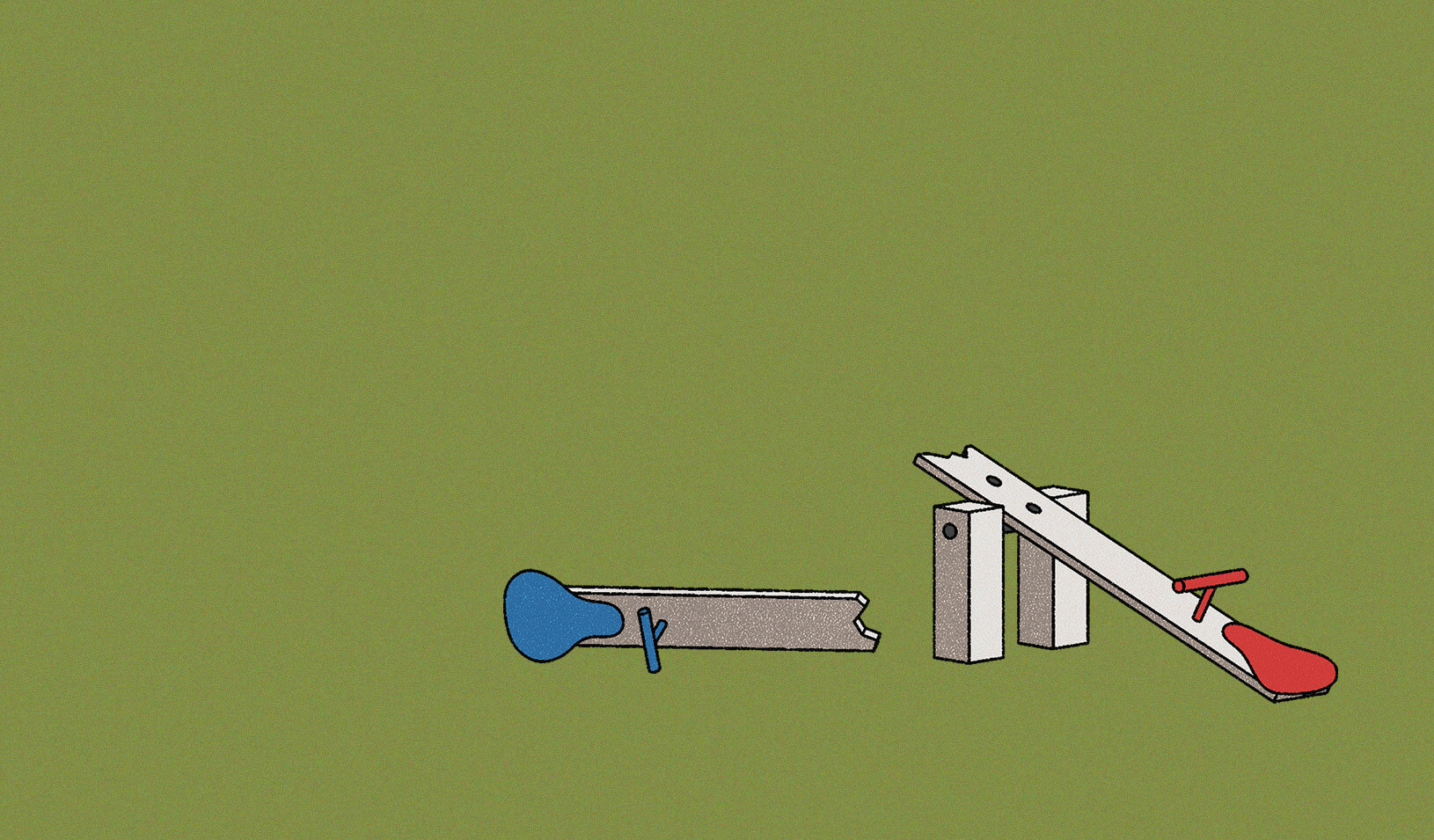
A construction site in Sao Paulo. (Reuters photo by Paulo Whitaker)
Bribery, extortion, graft, embezzlement — these are just some of the grizzly faces of corruption. In some countries, corruption is so common that it is as expected as a handshake when ordinary people or businesses deal with government officials.
In a recent study, researchers postulate that corruption — the misuse of an office for private gain—leads to the needless inflation of employee ranks and thus greater operational inefficiency. This, in turn, creates a less favorable business climate and ultimately serves as a serious drag on a nation’s wealth.
It has long been known that corruption is associated with lower GNP per capita, and lower investments and growth rates, but the study by Ernesto Dal Bó, associate professor of political economy, and Martin Rossi of the Universidád de San Andrés in Argentina, is the first to show that corruption damages nations by making firms become inefficient.
The researchers studied data from 80 electricity distribution firms in Latin America between 1994 and 2001. Using a theoretical model combined with data, they found that in countries where government corruption was higher — as measured by the International Country Risk Guide and Transparency International — firms used significantly more employees to get the same job done. They found that if a country in their sample of Latin American nations with a median corruption level, namely Brazil, were to lower its corruption level to that of the least corrupt country — Costa Rica—its utilities firms would use 7 percent fewer workers. The effect is independent of a country’s general economic or political stability.
“We’re talking about a large industry here, so this is not peanuts,” says Dal Bó. “The money this represents is significant.”
Researchers posit several nefarious corruption-related scenarios that may inflate employee ranks. One is that a manager may be hiring more employees not so the firm can do a better job, but simply so that his own job can be made cushier. “Where corruption comes in is that the manager may be influencing a regulatory official to, in turn, allow the firm to hike electrical prices to accommodate the cost of these employees,” explains Dal Bó. That hurts the economy because it unnecessarily raises the costs of electricity to consumers, including industry. In addition, by not being put to more productive work, those extra employees represent “missing wealth” to the country, the researchers say.
Another problematic scenario may occur when regulators harass firms with costly “official” requests. In exchange for being relieved of these requests, firms may spend resources, both human and monetary, courting officials of various types. These outlays will inflate labor and operational costs.
Yet a third possibility is that in a country where corruption is the order of the day, a firm may be hiring more employees to manage its own internal corruption. “It’s likely that your purchasing officer may be getting kickbacks or may be stealing, for example,” says Dal Bó. “Then you have to hire someone to monitor him. Again, this is wasteful.”
The paper provides empirical evidence that, when seen at the microeconomic firm level, corruption destroys a country’s wealth. It confirms that systemic social issues affect business by defining the environment in which business occurs. “Problems like corruption may ultimately determine the viability and health of business in any given country,” Dal Bó concludes.
For media inquiries, visit the Newsroom.






